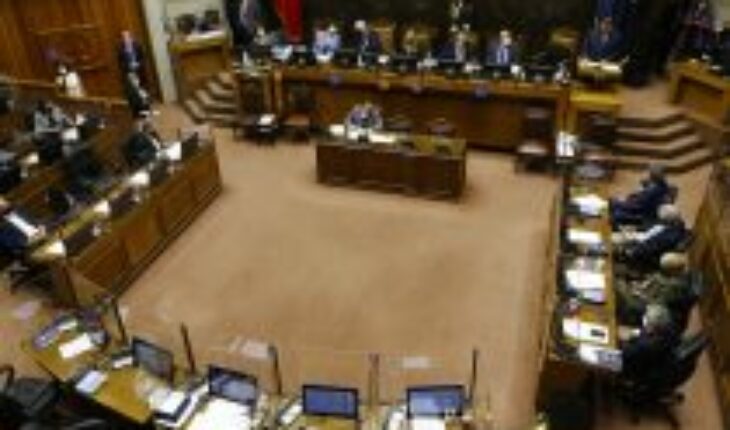Considering the status of the report that the Political System Committee will present to the plenary of the Constitutional Convention, it seems that it has already been decided that our new Parliament will be asymmetrical bicameral. That is, the second Chamber – called the “Territorial Chamber” – will have fewer powers than the first Chamber, called the “Plurinational Congress”. So the question is how asymmetrical the new Parliament should be. That is, the question is how many fewer powers the Territorial Chamber should have compared to the Plurinational Congress.
Beyond comparative experience, in the Chilean context, there are at least three reasons to argue that the level of asymmetry between the Plurinational Congress and the Territorial Chamber should be relatively low. First – and unlike other states with asymmetrical bicameral parliaments, such as Germany, Austria, Belgium, France, the Netherlands or South Africa – the members of the Territorial Chamber will be directly elected by the citizens. Then, considering the higher level of democratic authority of the members of the Territorial Chamber (compared to a Chamber whose members are indirectly elected), it does not make much sense that the members of the Territorial Chamber have a merely consultative role rather than having real decision-making power in the formulation of public policies.
Second, should the new Constitution be adopted, Chile will have to transform itself into a highly decentralized state. Well, an important part of the procedure for the transfer of powers and resources from the central State to the regions and communes depends on several laws. The legislative procedure is therefore the great opportunity for regions and communes to assert their interests and preferences through the Territorial Chamber; that is why the deliberative and negotiating capacities of the members of such a House should not be excessively diminished.
Third, in recent weeks, we have seen the reluctance of many senators to lose power, which – by making collaboration between the incoming government and the Senate more difficult – could further erode the Reputation of the Convention with the public. True, this reason is not normative. This reason does not indicate anything about how the Territorial Chamber must be, but simply indicates what kind of Territorial Chamber is viable given our current political conditions. But considering chile’s economic and social urgencies (emergencies that require a state that is at least effective), in principle, the transition from one government regime to another must be carried out in the least disruptive way possible, avoiding unnecessary friction between the Convention and the constituted powers. In this sense, while it is unrealistic for senators to expect the new Constitution to be replicated by the Senate, the Convention also buys unnecessary conflicts if it establishes a system in which the Plurinational Congress can always bend the hand of the Territorial Chamber.
Consequently, even if the Territorial Chamber is given primarily reviewing functions, the consent of this House must be necessary to approve, modify or repeal any draft norm that affects the basic institutional structure and financing of the Chilean State. Specifically, the consent of the Territorial Chamber must be necessary to approve, modify or repeal constitutional reforms and to approve international treaties. This consent must also be required to approve, amend or repeal draft laws on the territorial organization of the State; regional statutes; budgets; contracting of credits or issuance of bonds by the central Government; and establishment, modification or repeal of all types of taxes.
By contrast, in the other bills, if there is a conflict between the two branches of Parliament that cannot be resolved in a mixed committee, the Plurinational Congress must be able to insist on the original bill with an absolute majority of its members in office, similar to what happens in France. However, in order to ensure parliamentary deliberation and give greater negotiating capacity to the Territorial Chamber – and as is the case in the United Kingdom – insistence should only be able to be exercised after a period has elapsed. For example, it can be established that the Plurinational Congress only has the power to insist on an original bill one year after its rejection by the Third Chamber.rial.
Finally, the Territorial Chamber must participate in the appointment of high authorities of the central State – such as the Comptroller General of the Republic, advisors to the Central Bank or the Council of Senior Public Management, ministers of the Supreme Court or the Constitutional Court, etc. – in a similar way to how the Senate currently participates. The logic here is to increase the probability that the central State will consider the perspective of the regions and communes (represented in the Territorial Council) regarding the minimum qualities that must be fulfilled by the people who hold these positions.
The content expressed in this opinion column is the sole responsibility of its author, and does not necessarily reflect the editorial line or position of El Mostrador.





